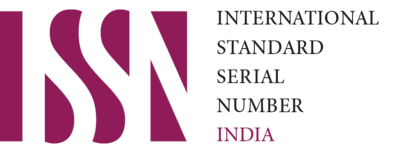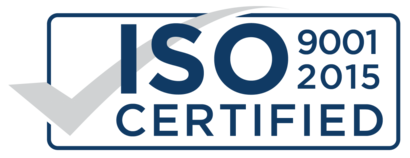A STUDY OF CONTRIBUTION OF NON-GOVERNMENT ORGANIZATIONS IN TRIBAL COMMUNITY IMPROVEMENT
Keywords:
NGO, Tribal Community, Tribal RightsAbstract
The State is the original agency charged with the responsibility to implement development of the marginalized, centralized planning by experts who had no stakes involved led to development projects causing untold sufferings to the weak indigenous people. Collusion between the bureaucracy and influential sections of society led them to corner development benefits for themselves at the cost of the weak. The inability to understand and at times deliberately ignoring cultural practices of the tribals resulted in failure of development projects and human rights violations. The N.G.Os capacity to understand the tribals and their informal style of functioning has positively benefited the tribals by bringing about positive social structures in their society . The awareness programmes and informal education that the NGO conducts makes the people aware of their rights, the method that the NGO follows namely that of participatory planning, action- reflection - action method has provided the people with a structure to analyze their situations and respond in a creative way. The Right to Information Act is another important instrument that the NGOs have used to help the tribals realize their right to development.
Downloads
Downloads
Published
How to Cite
Issue
Section
License
Copyright (c) 2020 Dr. Vivek Aggarwal

This work is licensed under a Creative Commons Attribution-NonCommercial 4.0 International License.








